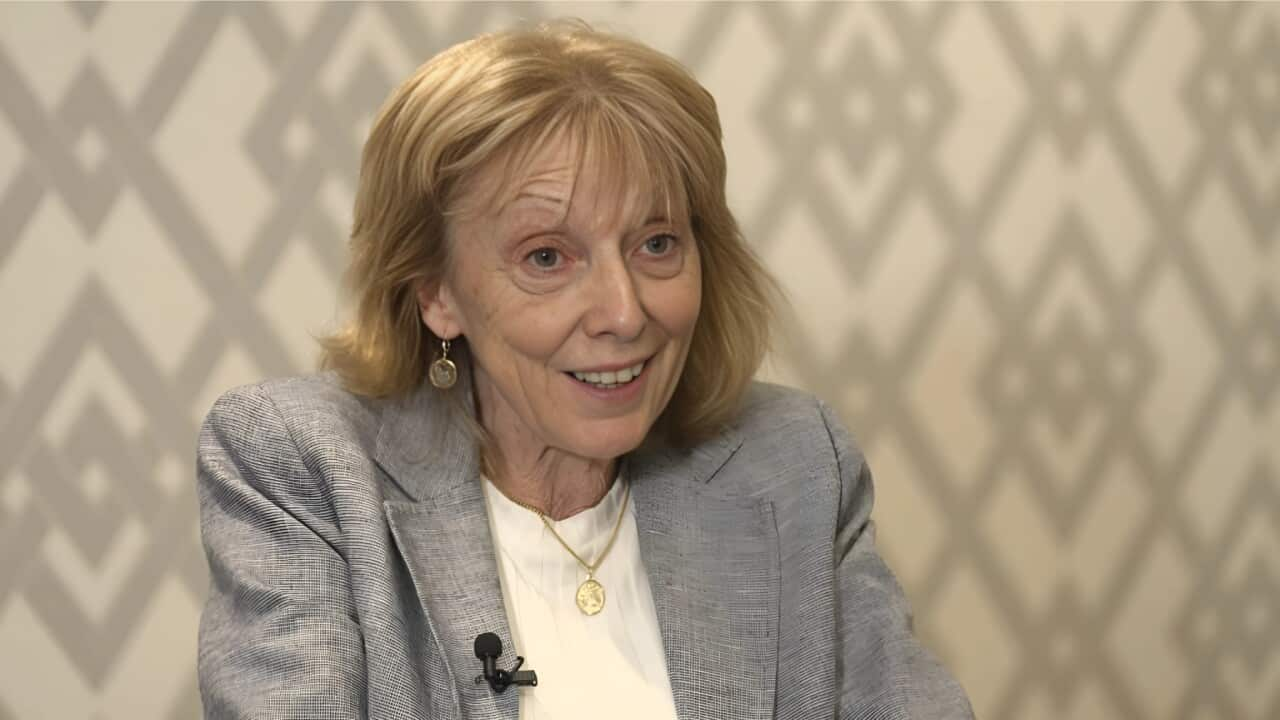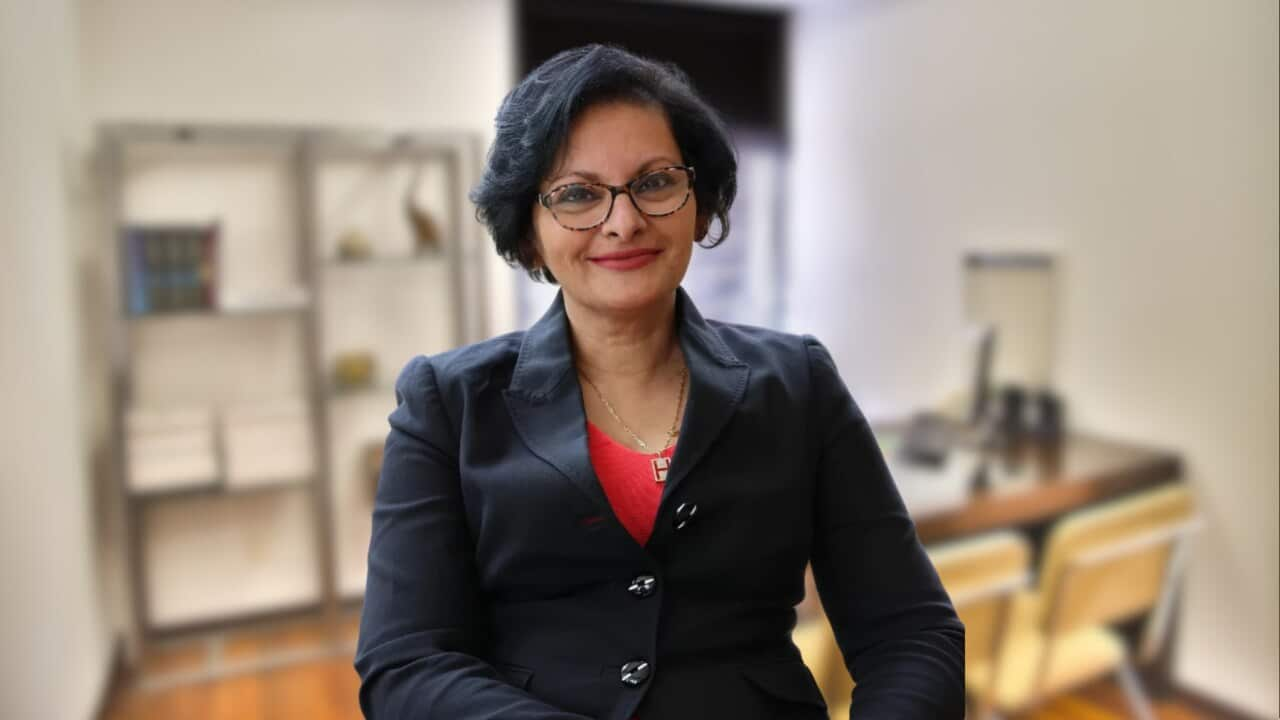TRANSCRIPT
A group of women in Kenya use pedal power to drive their sewing machines so they can make washable period pads.
Each brightly coloured pad is unique and they are a lifeline for these women living with disability in Mombasa.
Charity Chahasi, is the director of the Tunaweza Foundation, a non-governmental organisation, which set up the program to help disabled women make a living.
"We started Tunaweza in the year 2000, but we started making reusable sanitary pads in the year 2015. Why did we start the organisation or the group? We started as a group of 10 women with disabilities, where we were actually looking at how we can empower ourselves economically so that we cannot go to beg on the streets."
Ms Chahasi says the reusable pads are more affordable than disposal sanitary pads and tampons, and they are also better for the environment.
"Our reusable sanitary pad is cost-effective. Why is it cost-effective? It is cost-effective because when I use it, I use it again. You do not buy another pad, and it is used for three years. Then you can even buy another one after three years. But the other pad you buy it every month, and so it is very much expensive. It is also environmentally friendly because the other pad it is just thrown away. People just throw it away; it spoils our environment, it spoils our soil."
Despite their success, Tunaweza faces challenges in manufacturing and getting their products to market.
However, Ms Chahasi says in a good week they can make 3,000 pads.
"One of the challenges we have are machines. We need industrial electrical machines so that we can produce quickly and more when we have those machines. Another problem is transportation. We have problems of transportation because of us - persons with disabilities because of mobility."
Thanks to the popularity of the program, Tunaweza now employs more than 20 people.
It's a big win for both for the workers and satisfied customers like college student Anne Kewa.
Ms Kewa says the washable period pads have helped her to go about her daily life.
"My high school education was hard before I started using the reusable sanitary pads. I was using the 'old' ones and I was not comfortable with them. I sometimes used to get infections. Then I started using the reusable santiary pads, and as of now, I no longer experience the abdominal pains and am very comfortable. In college, I play basketball, and when I jump, I do not have difficulties because the pads are very good and comfortable."
In 2017, the Kenyan Government announced it would supply free period pads to school girls.
It says girls lose two weeks of education in every school term if they can't afford to buy sanitary products.
According to the UN's education agency, one in 10 girls in sub-Saharan Africa misses school during their period.













